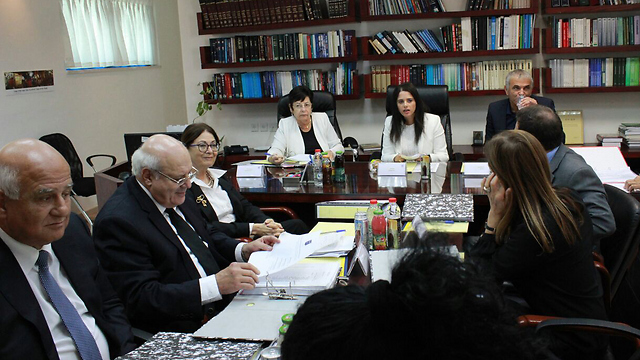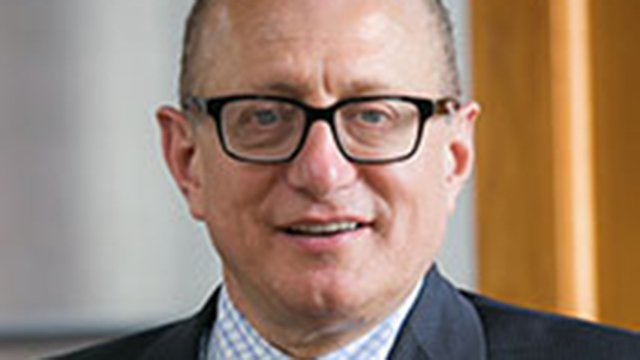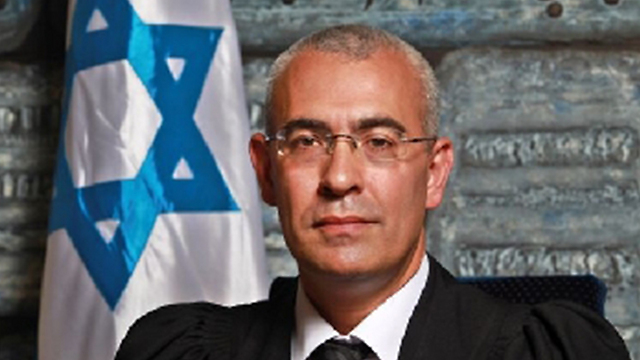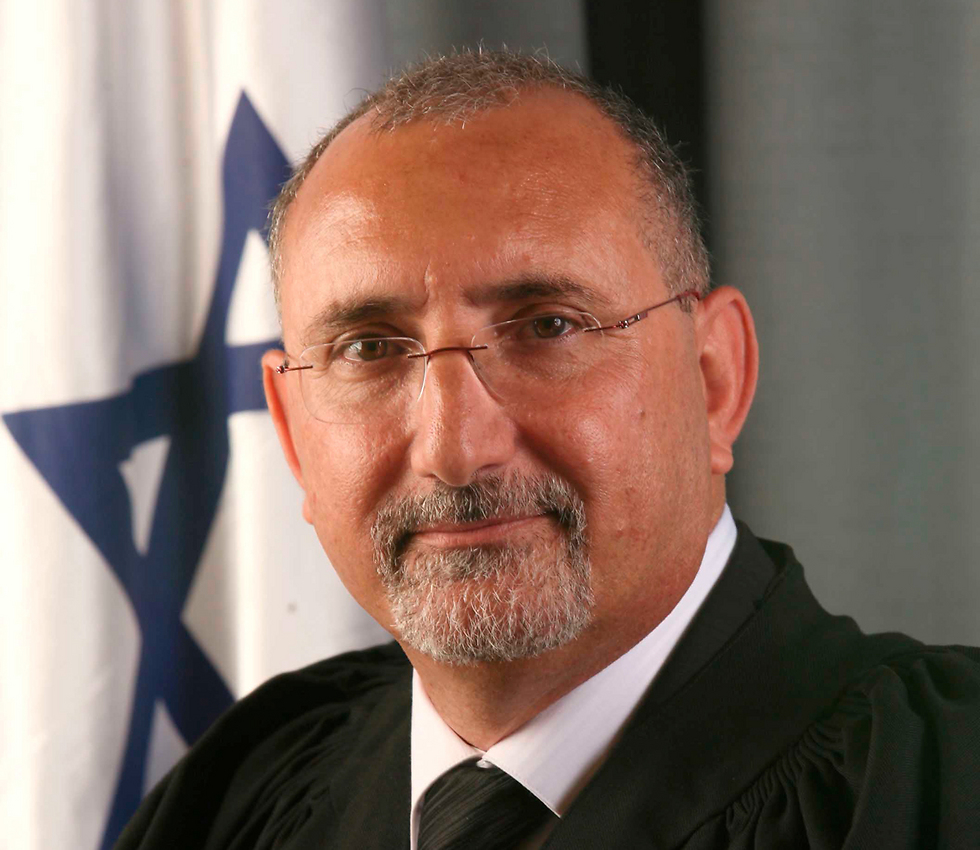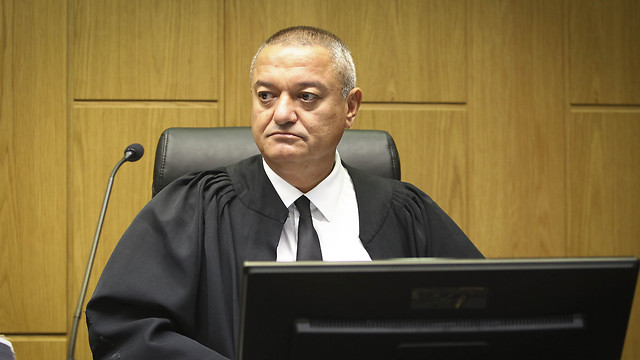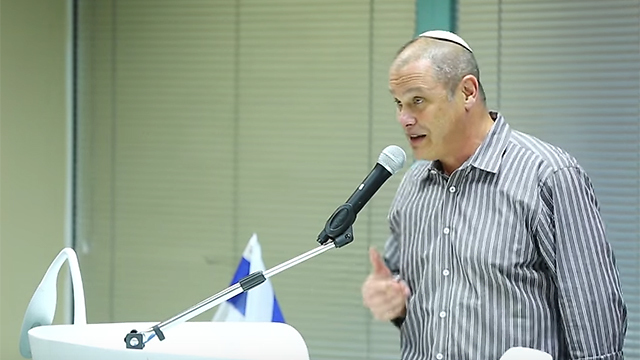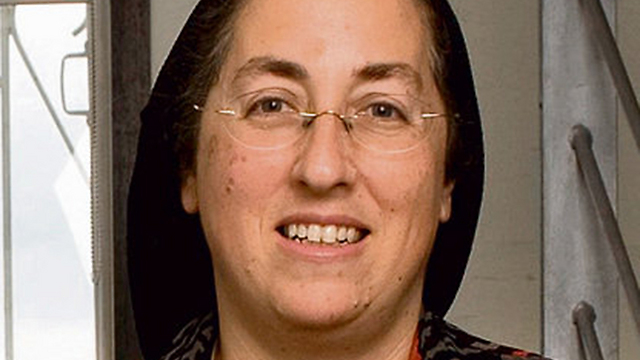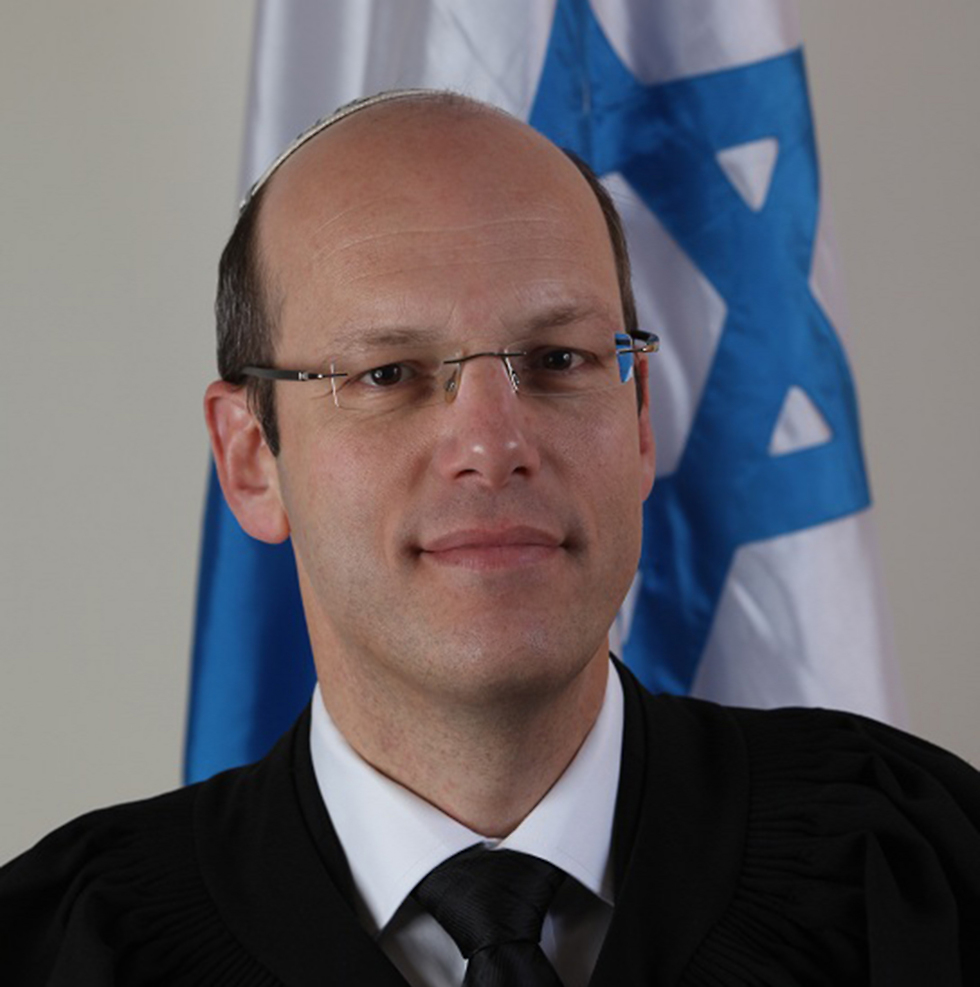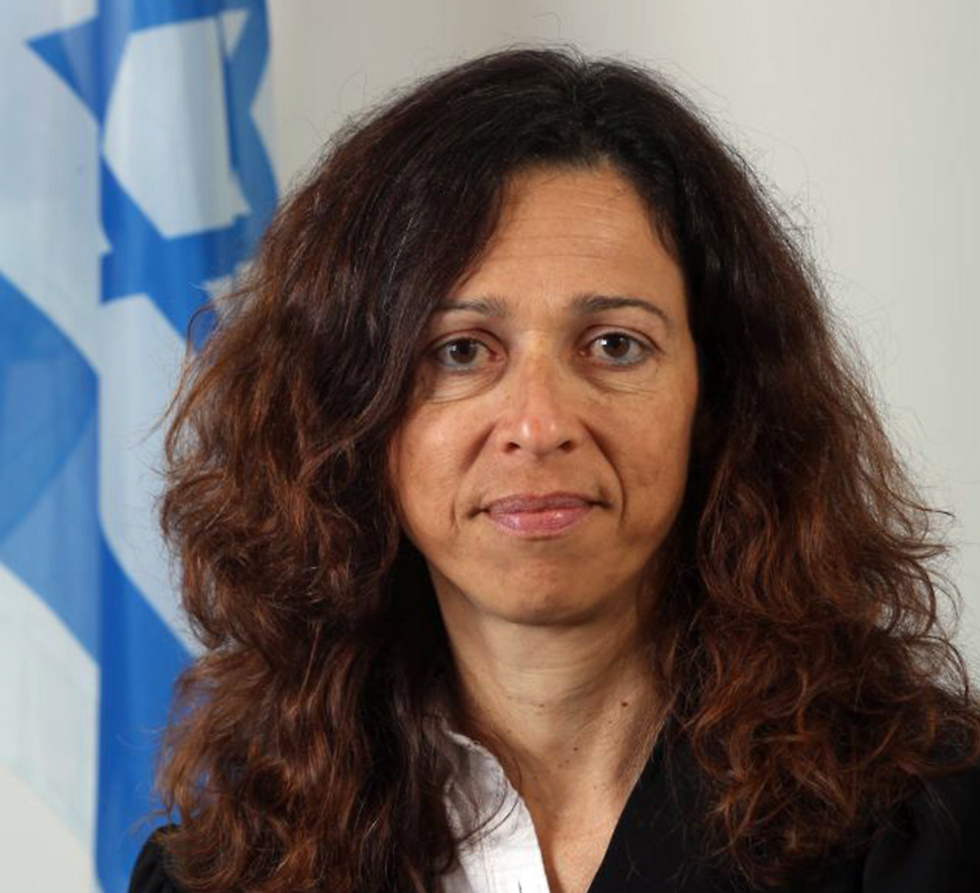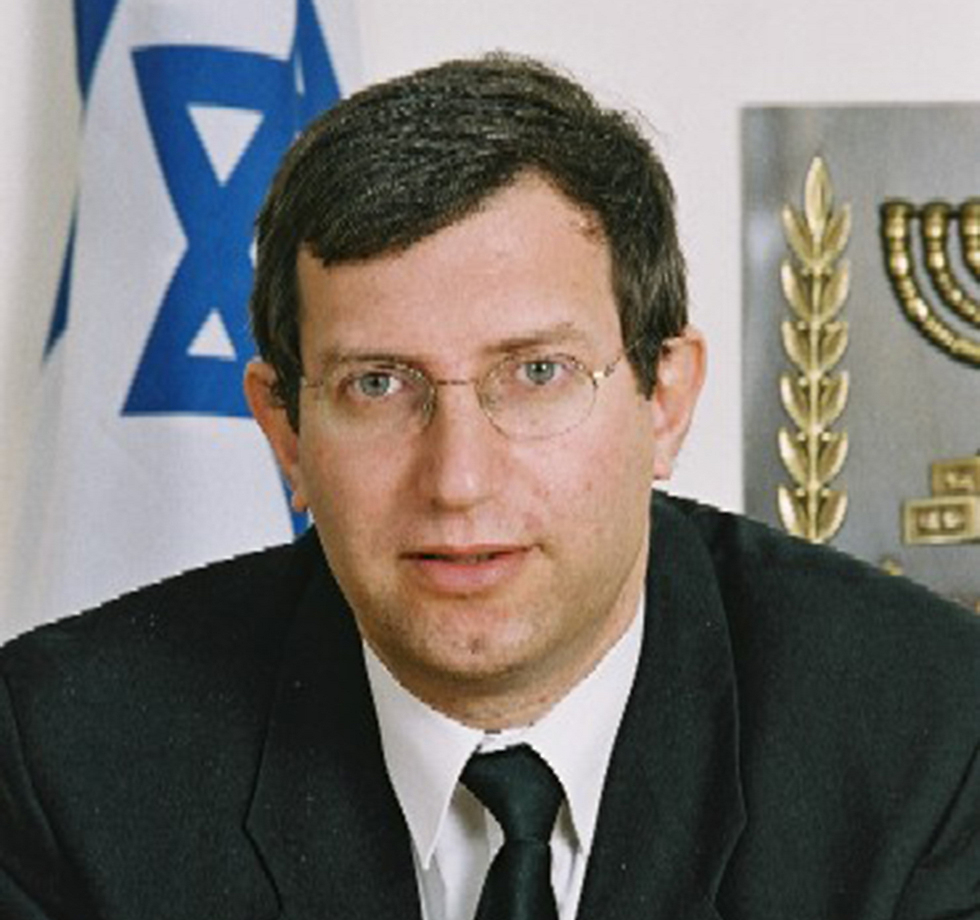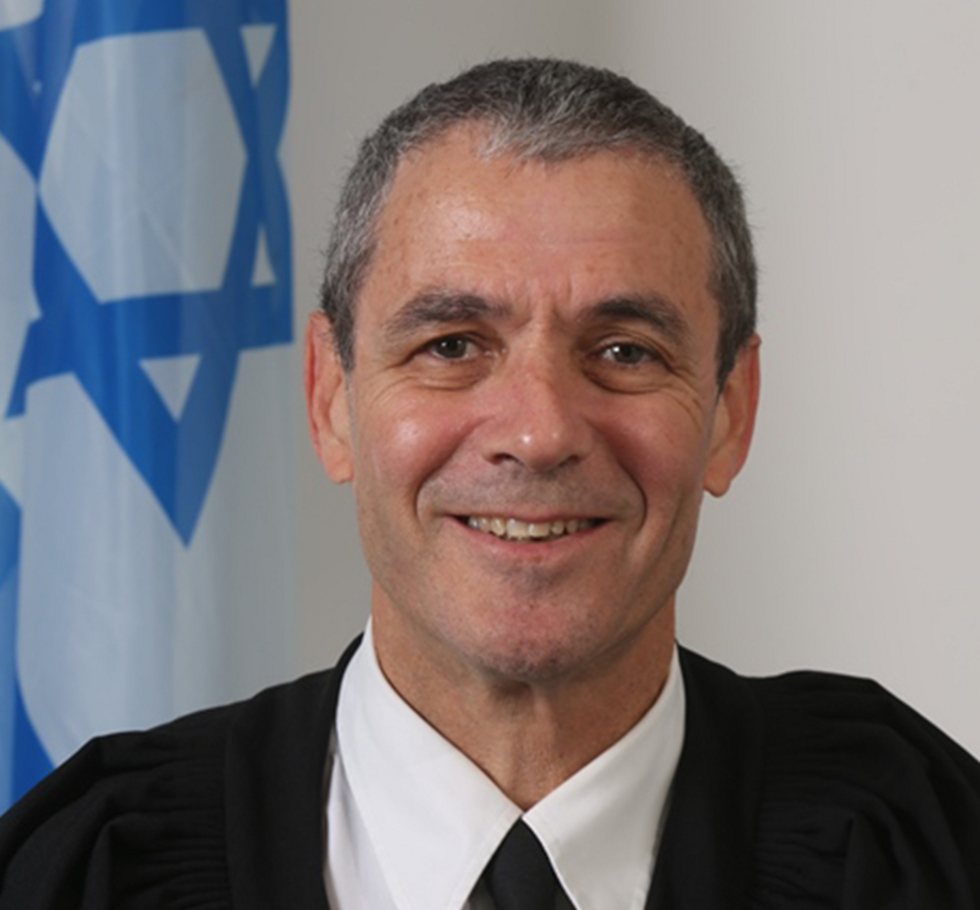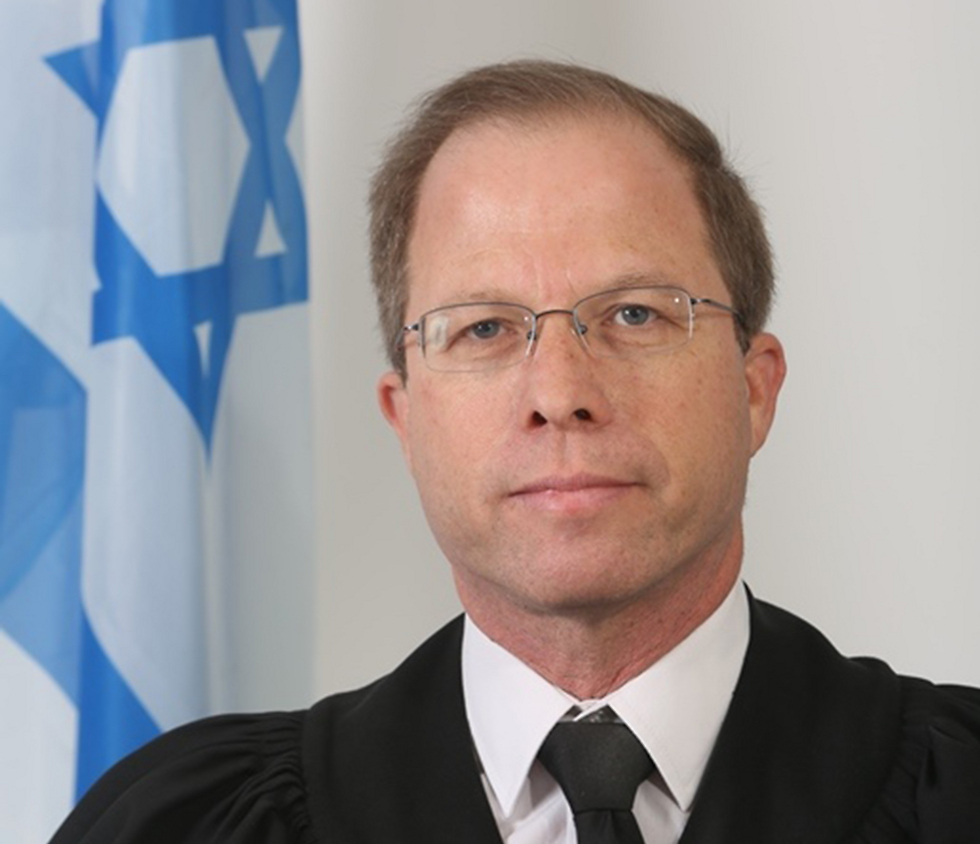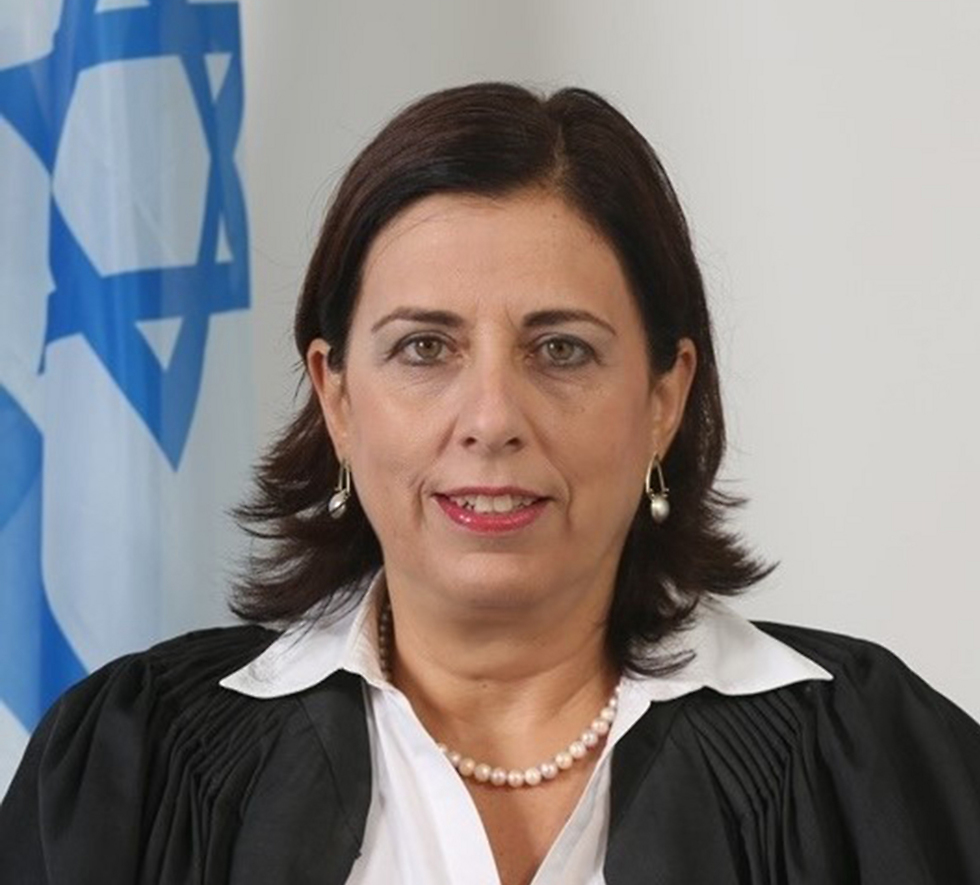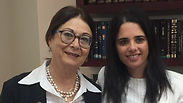

The new Supreme Court nominees
With the release of Justice Minister Shaked's list of nominees to the Supreme Court's bench, the final list is now complete, with 2 of the 25 nominees set to fill the seats on the bench soon to be vacated by Justices Danziger and Shoham; list includes first Arab Muslim nominee for permanent position, capitalist conservative nominee.
Two new Supreme Court justices will be appointed next month, replacing outgoing Justices Yoram Danziger and Uri Shoham. The names of the 25 nominees on the shortlist to replace them were made public this week, with the list comprised of the recommendations of Justice Minister Ayelet Shaked, Supreme Court Chief Justice Esther Hayut as well as the Israel Bar Association.
The law stipulates that seven out of the nine members of the Judicial Selection Committee have to vote in favor of a nominee for their candidacy to the bench to be approved.
The committee is made up of three Supreme Court justices—Chief Justice Hayut, Justice Hanan Melcer and Justice Neal Hendel—Ministers Shaked and Moshe Kahlon, MKs Nurit Koren (Likud) and Robert Ilatov (Yisrael Beytenu) and two representatives of the Israel Bar Association, who act as the deciding votes. In order to put together a final list, then, the committee's political and legal chairs will have to reach mutual agreements.
In the past few months, before previous chief justice Miriam Naor retired, talks began between Naor, Hayut and Shaked with the intention of reaching an agreement on the nominees for the bench. The talks collapsed, however, with the three failing to agree.
The spat between the judiciary and the government escalated further recently, after Shaked and her party's chairman Education Minister Naftali Bennett sponsored Basic Law: Legislation, which is set to be brought before the Ministerial Legislation Committee.
If passed, the new Basic Law will severely curtail the High Court's ability to strike down Knesset laws and allow parliament to reenact any law that was struck down with a narrow 61 MK majority.
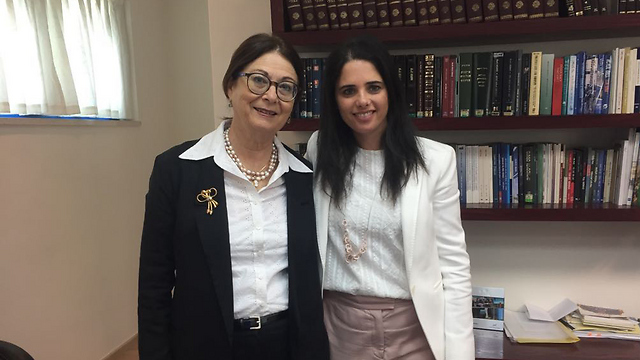
The nominees to the bench are as follows:
The most prominent nominees
Prof. Alex Stein
Minister Shaked considers Prof. Stein a juristic "conservative." Economically, his views line up with the minister's own capitalist viewpoint.
Stein, 59, is considered one of the leading figures in Israeli academia in the fields of penal law, torts, medical malpractice, the economic approach to law and jurisprudence. He is the author of four books, including an innovative treatise on evidence law.
In Stein's studies, conducted in conjunction with Prof. Ariel Porat of Tel Aviv University, he developed the evidential damage doctrine, subsequently winning him roughly a thousand quotations in Israeli verdicts.
He also served as a professor at the Hebrew University's Faculty of Law, where he taught civil and criminal procedure law and evidence law. He also taught at Yeshiva University's law school and currently teaches at the Brooklyn Law School. He was guest lecturer at other leading universities such as Yale, Columbia, Toronto and Oxford.
Prof. Stein was a lecturer for more than a decade at the institute for judges' continuing education in Israel and was a member of the committee to reform criminal procedure law. He interned with former deputy chief justice Menachem Elon and with the State Attorney's criminal department.
Ofer Grosskopf
Grosskopf's candidacy was presented by Chief Justice Hayut. He currently serves on the bench of the Central District Court and is considered practically a shoo-in, as his appointment seems to be acceptable for both the judiciary and bar association's representatives.
He's well known in the field as a brilliant civil law mind, and carries a social agenda he often expresses when presiding over class action suits.
He arrived in the judiciary after forsaking an academic career, in which he was the protégé of former justice minister Prof. Daniel Friedmann.
He has authored two books and multiple academic articles both in Israel and abroad.
Shaul Shohat
Shohat also received wall-to-wall support from the committee, both for his professionalism and his Mizrahi extraction. He served as a judge in family court and presides over cases involving serious crimes in district courts.
One of the more prominent cases Shohat presided over was the trial of attorney Gur Finkelstein, who was convicted of the attempted murder of his ex-wife's partner—a charge he was exonerated of when he appealed to the Supreme Court.
Shohat was also one of the judges to convict Nissim Hadad of the rape of an 18-month-old infant. Hadad was later also acquitted on appeal. In addition, Shohat headed the public committee to examine the divvying of pension savings between spouses who have separated.
Khaled Kabub
Kabub is a judge of the Tel Aviv District's Court economic court. He enjoys the support of the Supreme Court justices and the bar association. He is considered a speedy and efficient adjudicator who enjoys a great deal of prestige over his professionalism and familiarity with both the legal and academic realms.
He is, however, also a "people's person" and is well versed in the practicalities of the Israeli experience and the country's business sector. Kabub began his career in the judiciary by presiding over the criminal cases of the IDF chief of staff's security guard Erez Efrati, who was sentenced to eight years in prison for indecent assault, and over Gregory Lerner, who was convicted of fraud and bribery offenses.
Kabub had also proven his mettle in civil cases, and is considered one of the stars of Tel Aviv's economic court, in which he has proven unafraid to throw the book at capital market offenders. In this capacity, he presided over the case of former Partner owner Ilan Ben Dov, the Trojan horse case (involving industrial espionage in the highest echelons of Israeli business) and the IDB stock manipulation case involving Nochi Dankner.
Low-odds nominees
Prof. Gideon (Gidi) SapirThis nominee, offered up by Minister Shaked, is a Gush Etzion resident and an expert on constitutional law. He is also considered an archconservative jurist. In his book, titled The Constitutional Revolution, Sapir scathingly criticized the Supreme Court's then judicial activism.
"Starting in 1992 and to this day, the Supreme Court began losing altitude and entered a tailspin, not because its justices are defending minorities but because the High Court became a run-of-the-mill player in Israel's political-ideological game," he wrote then.
Judge Bazak-Rappaport of the Jerusalem District Court is the daughter of former judge Ya'acov Bazak, famous mostly for the then-unprecedented monetary levies he ordered directors of the North American Bank to pay after deeming them responsible for the bank's collapse in the eighties.
Bazak-Rappaport, for her part, rejected a torts claim against the Hadassah Medical Center in Jerusalem seeking damages caused to a patient due to late discovery of a tumor on his pituitary gland.
Ram Winograd
Judge Winograd, of the Jerusalem District Court, is one of Shaked's nominees. He is a graduate of the Netiv Meir yeshiva high school in the capital and made Aliyah in 1967 from the United States.
Serving in an elite unit in the IDF, he was later certified a rabbi at Yeshivat Har Etzion in Gush Etzion. He finished his legal education at the Hebrew University's law school with honors in 1994 and interned with Justice Eliezer Goldberg of the Supreme Court. He was certified as a lawyer in 1995 and appointed a judge at the Jerusalem Magistrates' Court in 2003, later going on to the city's district court.
Chief Justice Hayut's nominees
Ruth Ronen
Judge Ronen of the Tel Aviv District Court is the daughter of late journalist Yoram Ronen, and interned with former Supreme Court chief justice Meir Shamgar. At the time of her appointment, Ronen was the youngest judge in the world and considered a legal prodigy even then.
She currently presides over the court's economic department, in which capacity she—along with Judges Danya Kareth Meyer and Khaled Kabub—is tasked with defending small investors from majority owners in publically traded companies.
Ron Sokol
Judge Sokol of the Haifa District Court sentenced a northern region resident in 2005 to four and a half years in prison for brutally raping his own wife at knifepoint. In 2006, he sentenced a Hadera man to two and a half years in prison after he was convicted of killing a young woman in a car accident that took place as the defendant and a friend were escaping from the police.
In 2006, Judge Sokol ruled that taking into account the criterion of army service when vetting candidates for Haifa University's student dorms discriminated against Arab students and ordered the university to drop it.
Israel Bar Association's nominees
Dr. Kobi VardiJudge Vardi of the Tel Aviv District Court accepted in 2002 a petition by the Israel Union for Environmental Defense non-profit organization and ordered the Aviv company and 14 homeowners in the north Tel Aviv luxury Sea and Sun project to demolish their homes' private courtyards after finding they encroached into public lands and harmed the shoreline in an area forbidden for construction. In 2008, Judge Vardi rejected a plea by the residents of a Herzliya Pituach neighborhood who sought to prevent the construction of a disabled children's institution in their vicinity.
Gilad Neuthal
Judge Neuthal of the Tel Aviv District Court sentenced a teacher who abused one of his students to 13 years in prison. He also acquitted attorney Dr. Jacob Weinroth of all charges against him after he was accused of providing legal accompaniment for a reduced fee in return from benefits from the Greater Tel Aviv area's income tax assessor.
In 2013, Neuthal carried out a special mediation process for seven Netanya residents who confessed to killing an 18-year-old Lod resident who partied with them. The involved minors were sentenced by Judge Neuthal to four and a half years in prison, whereas the adults were given ten and a half years.
Dr. Michal Agmon-Gonen
Judge Agmon-Gonen is another one of the association's more prominent nominees. She's considered an independent, original and trailblazing judge with a social approach to her rulings. Some of the Supreme Court's justices in the committee, however, are against her appointment.
The Judicial Selection Committee will convene to select the two new Supreme Court justices next month.














